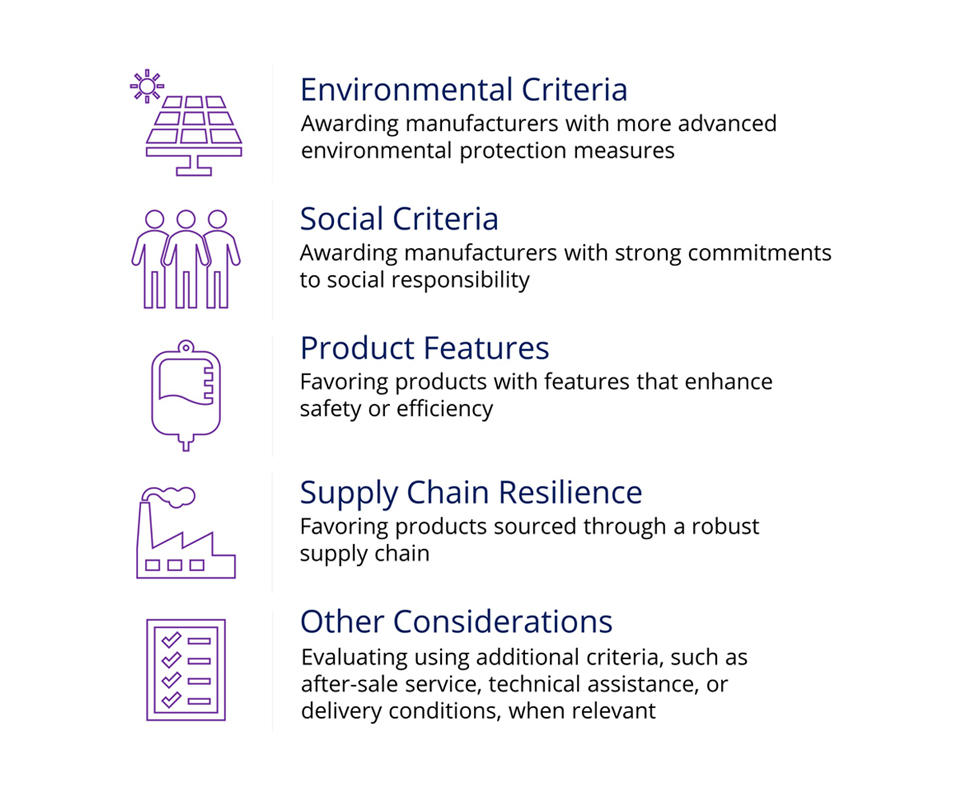Across Europe, health authorities are tasked with securing a reliable supply of medicines on increasingly stressed budgets. The cost-containment policies currently used in medicine procurement may achieve lower prices in the short-term but threaten the continued availability of some medicines.
Many current procurement practices, such as using price as the only criterion for awarding a tender, limit healthy competition and can lead to market consolidation and monopolies. When there are limited suppliers of a given medicine, prices can be higher and there is greater risk of supply disruptions.
For more optimal utilization of health budgets and to better protect ongoing access to medicines, health authorities should take a holistic view when designing procurement processes. The best practices outlined below represent established measures to optimize procurement systems.



